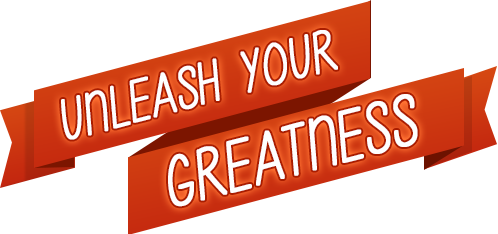Chess & Achievement

Beginning with the end in mind; caparison and contrast; working forwards and backwards

Abrstract
This article surveys educational and psychological studies to examine the benefits of children studying and playing chess. Studies demonstrate that chess can:- Raise intelligence quotient (IQ) scores
- Strengthen problem solving skills; teach how to make difficult and abstract decisions independently
- Enhance reading, memory, language and mathematical abilities
- Foster critical, creative and original thinking
- Provide practice at making accurate and fast decisions under time pressure, a skill that can help improve exam scores & more importantly improve life skills
- Teach how to thing logically and efficiently; learning to select the “best” choice from a large number of options
- Challenge gifted children while potentially helping underachieving gifted students learn how to study and strive for excellence
- Demonstrate the importance of flexible planning, concentration and the consequences of decisions
- Reach boys and girls regardless of their natural abilities or socio-economic backgrounds
Given these educational benefits, the author concludes that chess is one of the most effective teaching tools to prepare children for a world increasingly swamped by information and ever tougher decisions.
*General edits and revisions to the original research page have been applied to the aforementioned in accordance to what we have found to support the above.


